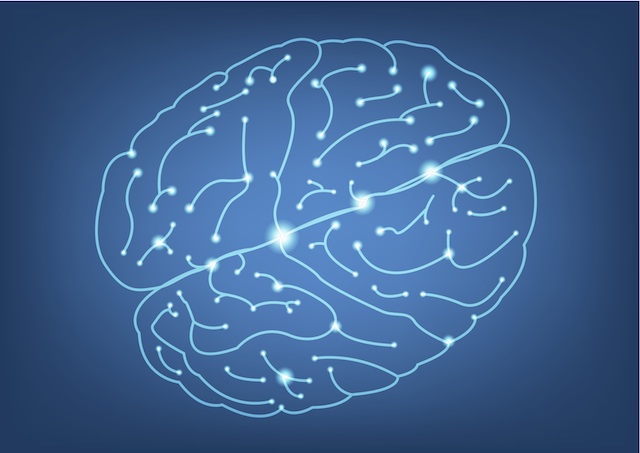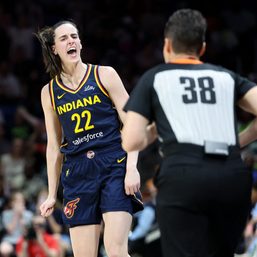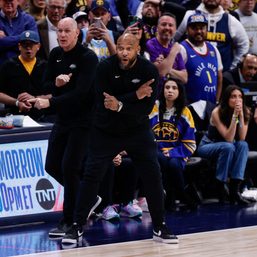SUMMARY
This is AI generated summarization, which may have errors. For context, always refer to the full article.

PARIS, France – Humans need both sides of their brain for speech, according to a study Wednesday, January 15, that could rewrite therapy for people verbally impaired by a stroke.
A mainstream theory in neurology is that speech and language are “lateralized” skills – thus controlled by only one side of the brain, in this case the left.
But the concept’s weak point is that it has been mainly based on indirect, rather than direct, observation of how the brain operates.
Researchers at New York University seized a unique opportunity to get a clearer view.
They worked with 16 volunteers who had electrodes implanted to map their brain activity – a technique called electrocorticogram that is used as a precursor for surgery for extreme epilepsy.
It is considered even more accurate than 3D scanning in determining when and where neurons are fired.
The volunteers were asked to repeat nonsense words such as “pob” and “kig” in order to isolate brain areas activated for speech – the pronunciation of words.
Because these words had no meaning, a different part of the brain was used to generate them than the area used for language – which entails understanding words and using them in sentences.
The scans revealed that speech is in fact “bilateralized” – meaning that areas in both hemispheres of the brain are harnessed in making words, said the study published in the British scientific journal Nature.
The specific areas are the bilateral inferior frontal and the inferior parietal, superior temporal, premotor and somatosensory cortices.
“Our findings upend what has been universally accepted,” associate professor Bijan Pesaran said in a press release.
“We can begin to develop new ways to aid those trying to regain the ability to speak after a stroke or injuries resulting in brain damage.
“With this greater understanding of the speech process, we can retool rehabilitation methods in ways that isolate speech recovery and don’t involve language.” – Rappler.com
(“Abstract Left and Right brain function illustration” by ShutterStock)
Add a comment
How does this make you feel?





There are no comments yet. Add your comment to start the conversation.